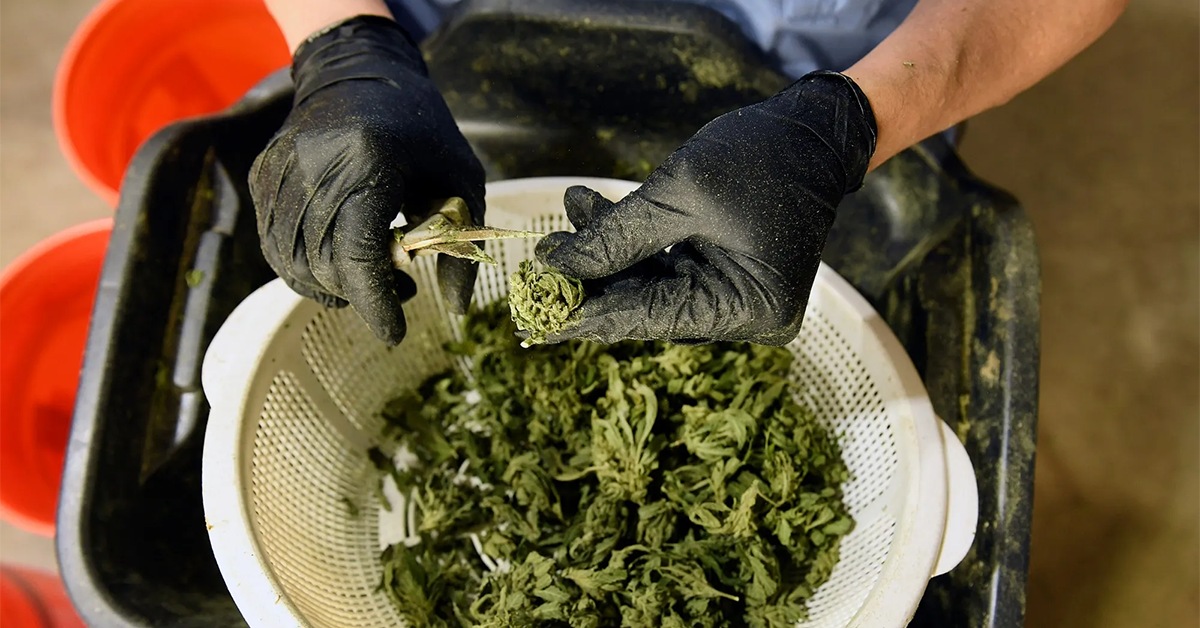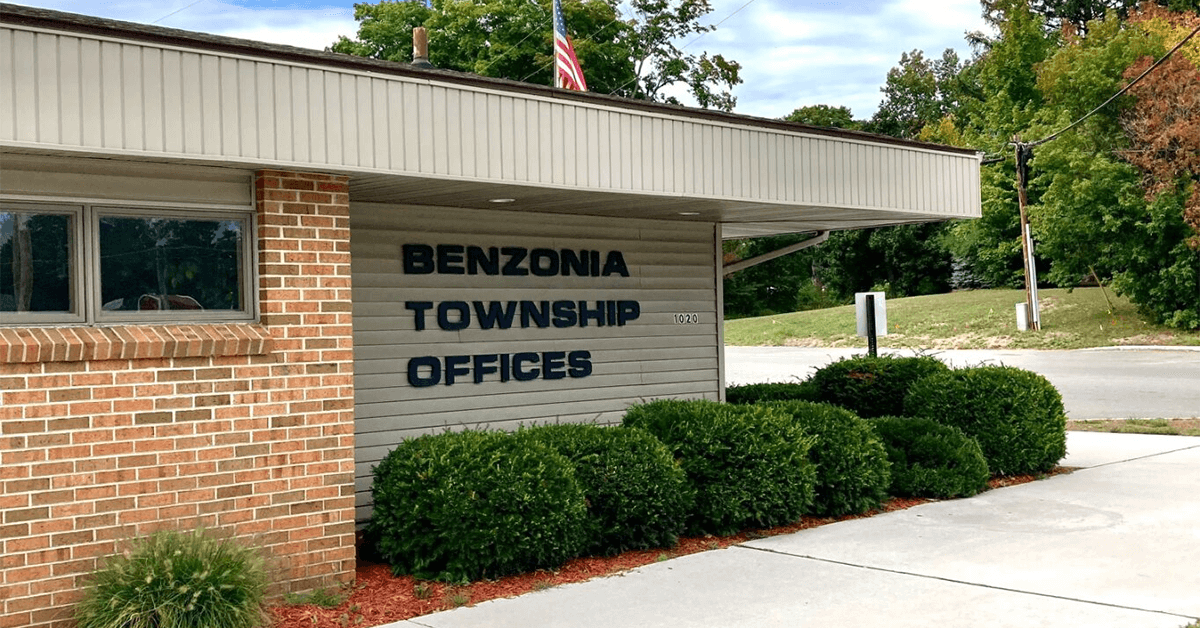The Positive Impact of Cannabis Retail on Michigan's Communities

Cannabis legalization is a topic that has occupied debates and discussions for many years. The state of Michigan stands at a crossroads, where understanding the history, nuances, and current data can guide informed decisions for the betterment of its communities. With an in-depth look, the advantages of embracing retail cannabis become unmistakably evident.
Local Economic Boost through Cannabis Retailers
Cannabis retailers are more than just outlets; they're integral small businesses. These establishments operate similarly to any other retail store, accepting both cash and debit card payments. Their collaboration with local banks and credit unions not only encourages financial growth but also boosts the circulation of money within the community. This symbiotic relationship aids in reinforcing the local economy.
Safety, Regulation, and Community Welfare
The safety of Michigan's residents remains a primary concern. Retail cannabis outlets uphold rigorous standards, necessitating a valid ID for adults 21 and above. Furthermore, Michigan state ensures a thorough monitoring process, overseeing every product right from its growth phase to its sale. This meticulous oversight surpasses even that of many local liquor stores, safeguarding the younger generation and the broader community.
Debunking Crime Myths
Contrary to some critics' beliefs, there's no evidence linking the rise of cannabis retailers to an uptick in crime. Comprehensive data from numerous Michigan communities indicate that crime rates have remained consistent despite the influx of cannabis retail establishments. These statistics underscore the potential of a harmonious coexistence between cannabis retailers and their surrounding communities when proper regulations are in place.
An Investment in Education and Infrastructure
2023 saw a remarkable contribution from the Marihuana Regulation Fund. A sum of $59.5 million was allocated to 224 municipalities and counties. Moreover, both the School Aid Fund for K-12 education and the Michigan Transportation Fund received a substantial $69.4 million each. Such considerable funds underscore the potential financial boost that communities could receive by welcoming cannabis retail ventures.
Community Financial Advantages and Employment Opportunities
Michigan communities that give the green light to cannabis retail can expect an influx of over $50,000 annually from every licensed cannabis outlet. Beyond this, the Community Benefits programs, initiated by retailers and their affiliated organizations, pledge annual donations for public utilities, parks, and community welfare schemes. Collaborations between retailers and non-profit organizations have also burgeoned, fostering charitable contributions, volunteering, and fundraising endeavors.
The introduction of cannabis retailers is synonymous with local job creation, offering employment avenues without unduly straining the city's infrastructure or traffic flow.
Addressing Historic Social Injustices
Historically, the narrative around cannabis has been tainted by racial and societal prejudices, with the 1937 ban being a stark reminder. By championing cannabis initiatives, communities are not only bolstering economic growth but also mending long-standing social disparities. Over the years, racial inequalities have persisted, using cannabis prohibition as an instrument. Correcting this wrong is long overdue.
A Bright Future with Cannabis
Embracing the cannabis industry in Michigan translates to dismantling outdated misapprehensions and recognizing its numerous benefits. This sector has already showcased its positive influence on Michigan's economy. To truly harness its potential, it's crucial to eradicate the stigmas around this well-regulated commodity. By doing so, Michigan can ensure economic prosperity and promote inclusivity and equity for all its residents. The time has come to focus on the future and appreciate the immense promise this burgeoning industry holds for Michigan's economic landscape and the well-being of its communities.
Share this article:
Spotted a typo, grammatical error, or a factual inaccuracy? Let us know - we're committed to correcting errors swiftly and accurately!








 Helpful Links
Helpful Links